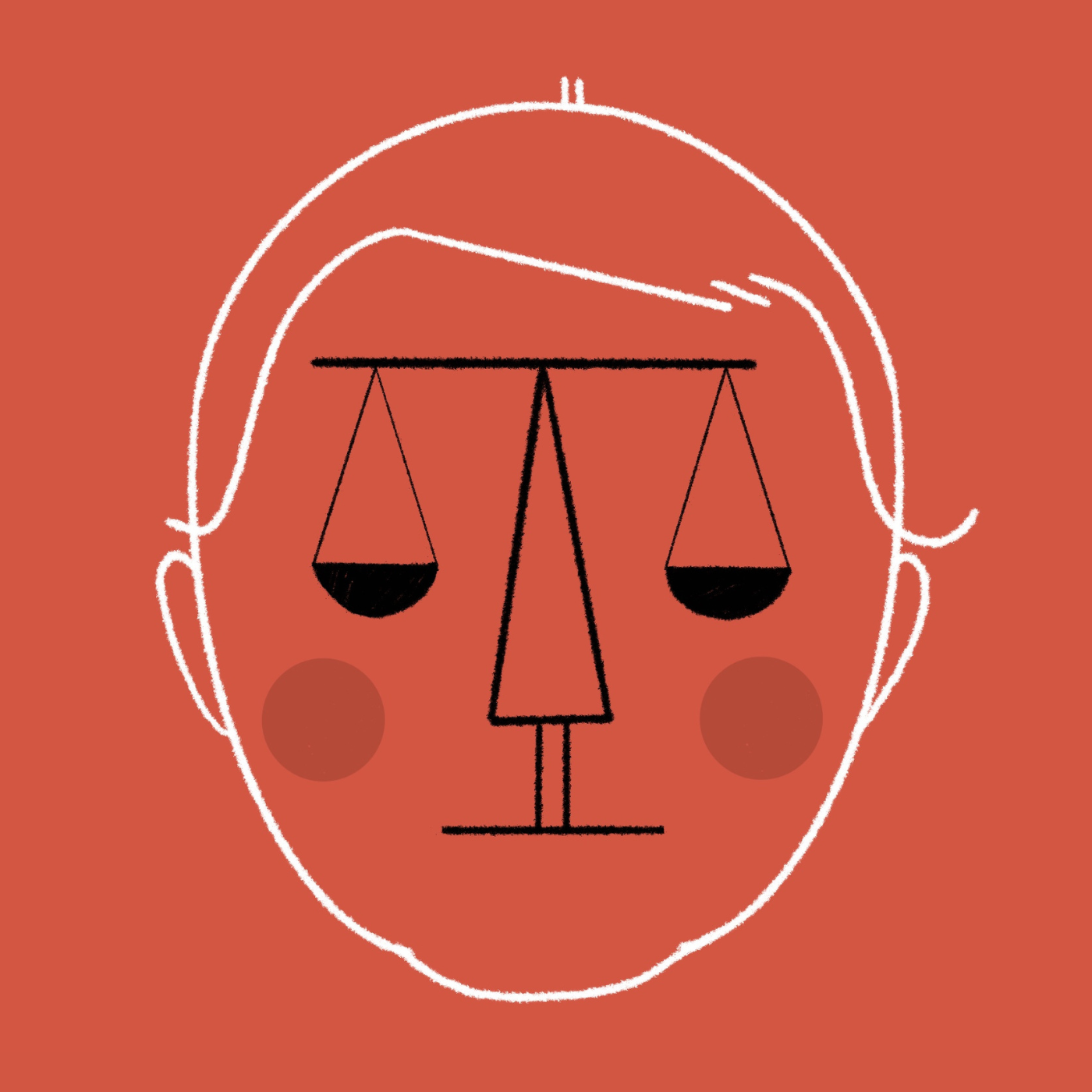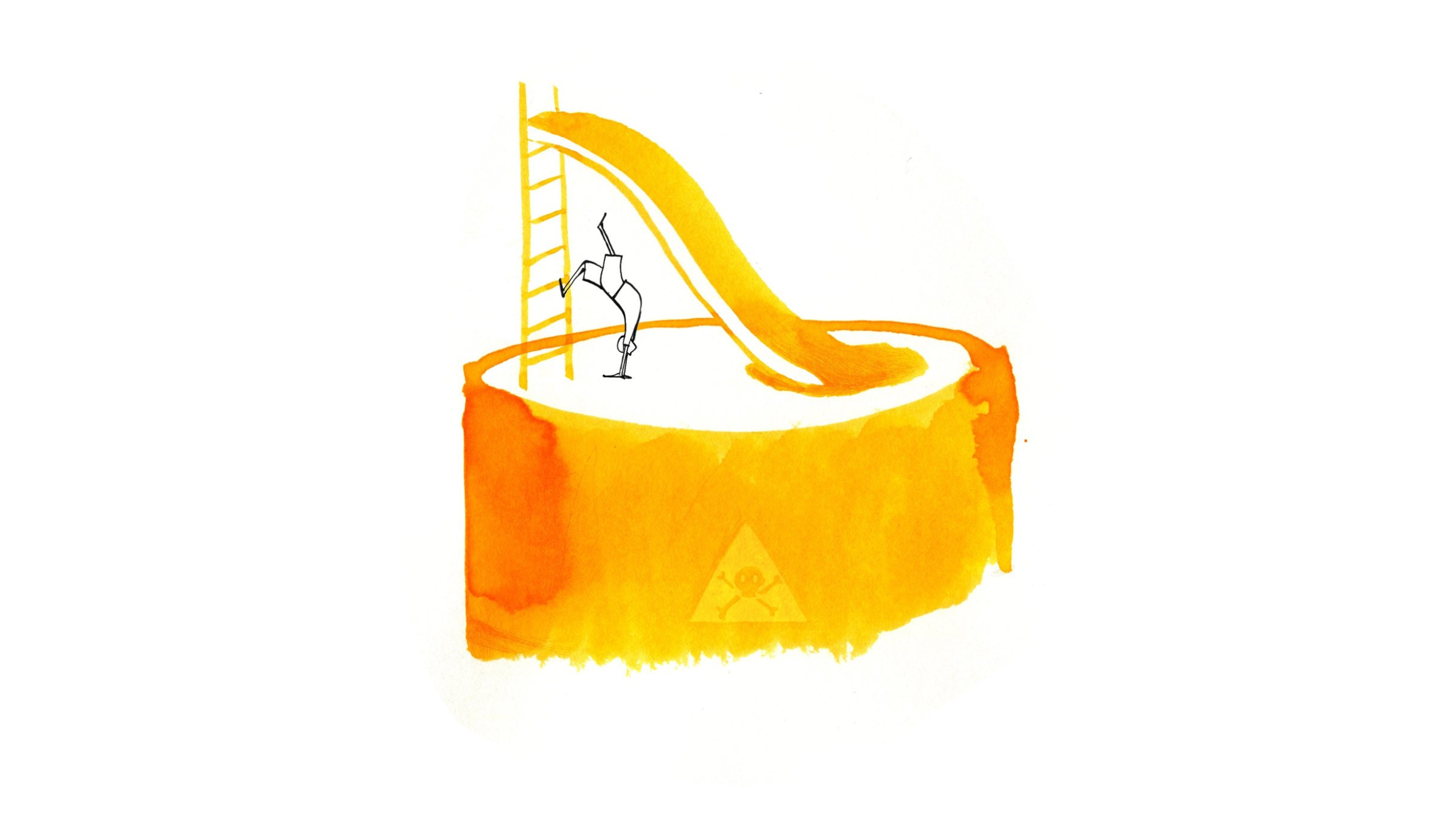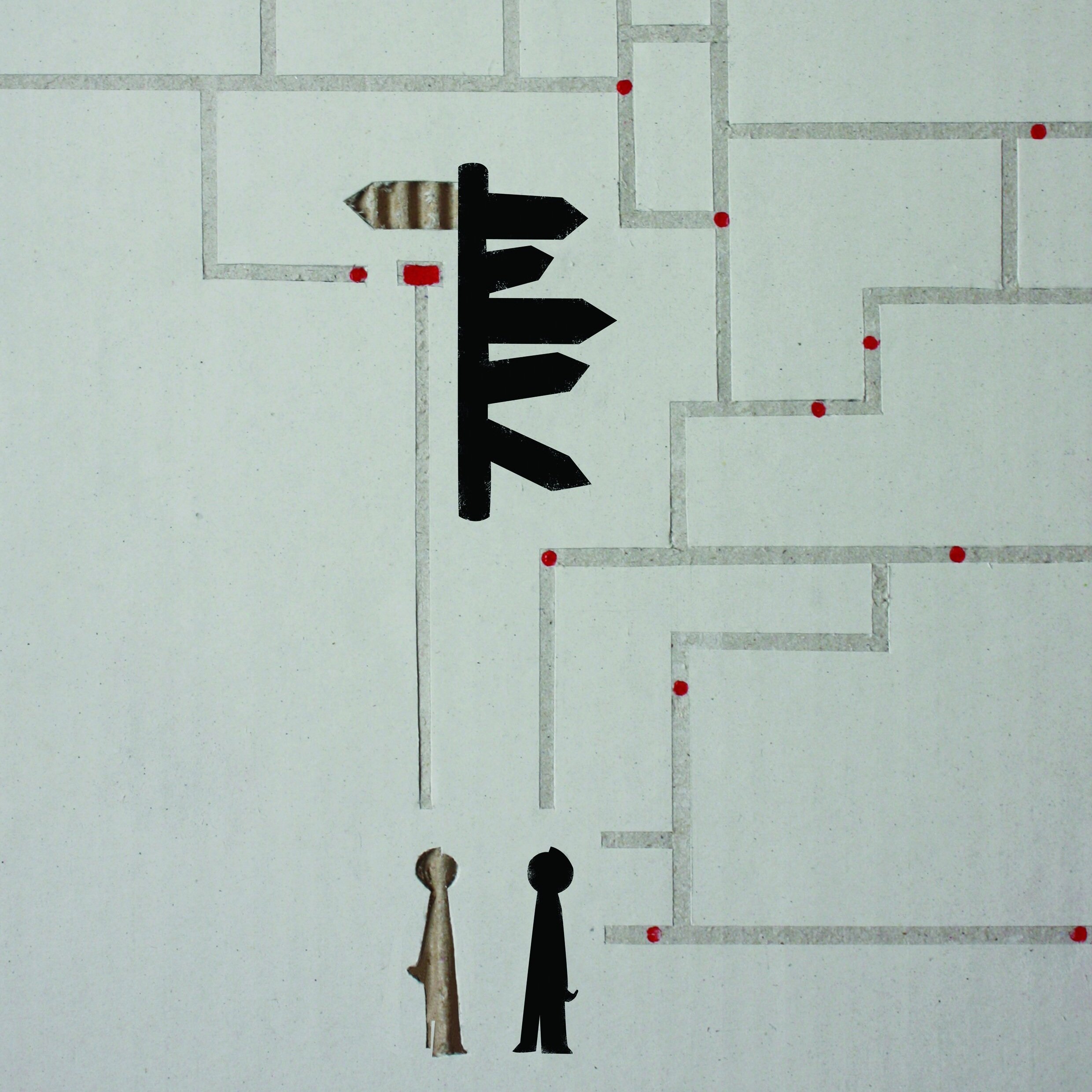Reports
Research in development
Access to justice for children’s environmental rights (2020-present)
With children and young people at the forefront of environmental activism, from demanding government action to bringing legal challenges against polluters, it’s clear that access to justice is an essential part of their activism to both protect the planet they will inherit, as well as environmental rights today. This project, which focuses on 43 countries around the world, will be looking at how the law can better protect children’s environmental rights, how children can access the courts in environmental cases and what remedies courts can impose to protect these rights.
National reports
National law profiles
CRIN has developed national law profiles for over 180 countries. These pages give an overview of national legal provisions on children as well as guidance and resources for legal research on children’s rights in each country.
Access to justice country reports
CRIN, with partners, has carried out a collaborative project seeking to establish how children can access the justice system in their countries. By this we mean the status of the Convention on the Rights of the Child (CRC) in the national law of each country around the world. We mean how the law treats children involved in legal proceedings, the legal means available to challenge violations of children’s rights, and the practical considerations in challenging violations using the legal system.
British army: Harm and abuse of child recruits, a timeline (2024)
Since 2014 British army trainees aged under 18 at the Army Foundation College (AFC) in Harrogate have suffered an ingrained culture of abuse by instructors, as well as endemic bullying among recruits themselves. CRIN’s new chronological report highlights every known account of abuse at AFC between 2014 and 2024 - drawing on official data, national media reports, court judgments and the testimonies of former recruits and their parents.
To read the testimonies from the above report, visit here.
Research reports
To Protect or Punish? Children, counter-terrorism and the criminal justice system
CRIN’s latest report shows how all stages of the UK's counter-terrorism system threaten children’s rights in chilling ways. From pre-criminal, to pre-trial, to trial and sentencing, we need reforms and approaches that genuinely protect children.
British army: Harm and abuse of child recruits, a timeline (2024)
Since 2014 British army trainees aged under 18 at the Army Foundation College (AFC) in Harrogate have suffered an ingrained culture of abuse by instructors, as well as endemic bullying among recruits themselves. CRIN’s new chronological report highlights every known account of abuse at AFC between 2014 and 2024 - drawing on official data, national media reports, court judgments and the testimonies of former recruits and their parents.
To read the testimonies from the above report, visit here.
Children's Rights and Hazardous Chemicals: Strengthening legislation in the European Union (2024)
CRIN’s new report uncovers the links between hazardous chemicals and children’s rights violations in the European Union (EU) and beyond. It sets out how EU chemical laws fail to uphold children’s rights and invites EU decision makers to rethink how to better assess, regulate and restrict those chemicals. Children’s rights violations linked to the exposure to hazardous substances have been neglected for too long. Decision makers now have the opportunity to make things right.
The Pressure Cooker: Child recruitment and suicide in the British armed forces (2023)
CRIN’s new report reveals that veterans aged 16-19 have been three times as likely as same-age civilians from socially deprived backgrounds to end their lives. The Pressure Cooker: Child recruitment and suicide in the British armed forces looks at why such early enlistment heightens risk of mental ill-health.
Privacy and Protection: A children’s rights approach to encryption (2023)
This report, co-published by CRIN and defenddigitalme aims to capture the full complexity of how encryption affects children’s lives. It sets out principles for an approach to encryption that recognises and respects the full range of their rights.
Research Guide on the Rehabilitation and Reintegration of Child Returnees from North East Syria (2022)
This research guide addresses the issue of child returnees, with a focus on their rehabilitation and reintegration. It is the result of a literature review conducted by CRIN on the matter and seeks to present its main findings and offer a list of resources to researchers, policymakers and practitioners in the UK and abroad.
Preventing Safeguarding: the Prevent strategy and children’s rights (2022)
This is the first of a series of publications that look at the threats to children’s rights and welfare posed by counter-terrorism measures in the UK. This publication focuses on the Prevent strategy; the UK’s strategy for the prevention of atrocities.
Litigating Peacekeeper Child Sexual Abuse (2020)
Child sexual abuse by peacekeepers usually goes unpunished and few victims secure reparations. This is the main finding of this report produced jointly by REDRESS and CRIN, which examines the success of litigation in pursuing justice for victims by analysing cases in which victims and their representatives have turned to the courts to seek accountability and redress.
The Third Wave: Justice for survivors of child sexual abuse within the Catholic Church in Latin America (2019)
Latin America is witnessing the rise of a ‘third wave’ of sexual abuse complaints against the Catholic Church, following previous mass revelations in North America, Europe and Oceania, as the number of complaints and legal reforms increase and survivors' demands for truth and justice gain force.
Conscription by poverty? New report on deprivation and army recruitment in the UK (2019)
The British army is intentionally targeting young people from deprived backgrounds for the roles carrying the greatest risks in war. This new report examines the targeting of these children and the effects of this practice on the 16 and 17 year-olds who are recruited.
Realising rights? The UN Convention on the Rights of the Child in Court (2018)
This report examines how the UN Convention on the Rights of the Child has been used around the world to challenge abuses of children’s rights, but also where it has been misunderstood and misapplied by national courts.
Caught in the Crossfire? An international survey of anti-terrorism legislation and its impact on children (2018)
As terrorism has proliferated in the last 20 years, so have States’ counter-terrorism strategies and the legislation that underpins them, which has introduced new surveillance measures, restrictions on behaviour, powers of detention, and hundreds of new offences carrying heavy sentences. This paper explores anti-terrorism legislation in 33 countries across five continents.
A children’s rights approach to assisted reproduction (2017)
States have yet to settle the complex ethical questions involved in assisted reproduction and have tended towards a singular focus on the rights of adults to found a family, overlooking the rights of children. This research explores three groups of ARTs: prenatal screening for genetic health, third-party reproduction and cryopreservation.
Accessing justice for violations of children’s rights in care institutions (2017)
CRIN has produced a report to enable advocates to access the legal and practical tools needed to end violations suffered while in institutional care and to provide survivors with information on avenues of redress. The report provides a global overview of methods of redress, examines how one can bring a case domestically, and examines how to get justice at the regional and international level.
Rights, Remedies and Representation: A global report on access to justice for children (2016)
Our research shows how the legal systems of 197 countries empower children to realise their rights, or perpetuate the rights violations that they should combat. This report demonstrates how national legal systems can be used to challenge violations of children’s rights and the how children can use the law to assert their own rights.
Discrimination and disenfranchisement: A global report on status offences (2016)
CRIN published a global report on status offences in 2009, looking at the ways that laws on curfew violations, disobedience, begging, truancy and suspected gang membership affected children around the world. This report addresses the ways that status offences have developed, the new forms they have taken and the way that laws that do not exclusively target children can indirectly criminalise children based on their age.
Inhuman sentencing: Life imprisonment of children around the world (2015)
In 2015, 73 States around the world allowed people to be sentenced to life imprisonment for offences committed while under the age of 18; a further 49 States permitted sentences of 15 years or longer and 90 for 10 years or longer. This report highlights the prevalence and plurality of laws permitting life imprisonment for children.
Children's rights and the UN - an analysis (2015)
CRIN’s analysis of children’s rights in the work of all of the UN’s human rights mechanisms looks at the most frequently raised violations as well as those that are rarely — if ever — addressed.
Child sexual abuse in the Catholic Church (2014)
CRIN has mapped the scale of child sexual abuse committed by Catholic clergy, explored evidence of cover up attempts by the Vatican and Church authorities, and provided an overview of litigation brought by victims seeking remedies for gross violations of their rights.
CRC in Court Report (2012)
This report looks at how the CRC has been used in courts around the world, analysing case law researched between 2009 and 2012. Further cases have since been added to the CRC in Court database and are not covered by this report.
Status of children's rights in the UPR (2010)
This research examines how well the Universal Periodic Review (UPR) has been used to advance children’s rights, and in particular, to what extent civil society has used the UPR to advance children’s rights. It also includes NGO experiences of using the UPR and some of the lessons they have learned.
Related content: UN submissions, Data, Legal case studies, Case law






















